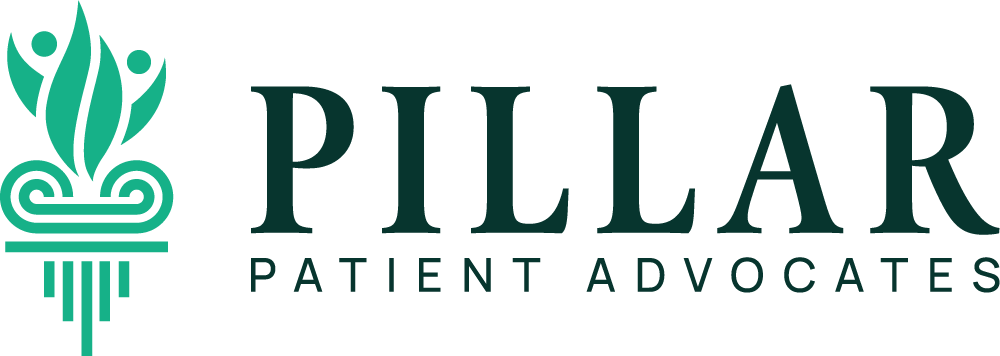Protecting Your Medical Wishes Through Living Wills and Other Important Documents
Taking a moment to plan for the future can ensure that your healthcare decisions will be honored, even if you are unable to articulate them at the time. Living Wills and Advance Directives are vital tools that allow you to maintain control over your quality of life during challenging times. These documents help communicate your preferences for medical treatment and end-of-life care, providing clarity and peace of mind for both you and your loved ones. By making your choices known in advance, you can avoid unnecessary stress and ensure that your care aligns with your values and desires. Understanding these options is key to making informed decisions about your healthcare journey.
Before reviewing these documents, it’s important to consider your emotions. They involve profound questions about your life, your care, and your wishes for the end of life, which can be emotionally challenging to address. It might be helpful to talk with a counselor or social worker as you navigate these difficult topics.
A Living Will is a document that allows you to outline your preferences for medical care, ensuring your wishes are honored if you’re unable to communicate them yourself. This document specifies the types of medical treatments and interventions you would or would not want in situations where you’re seriously ill or incapacitated. Having a Living Will provides clarity and guidance to your healthcare providers and loved ones, helping to reduce stress and uncertainty during difficult times. It empowers you to maintain control over your healthcare decisions, ensuring that your values and desires are respected throughout your care.
An Advance Directive provides instructions for your medical care if you become unable to make your own healthcare decisions due to illness or incapacity. It encompasses a range of directives, including your wishes for specific medical treatments, as well as the appointment of a trusted individual to make decisions on your behalf if you are unable to do so. This document ensures that your healthcare choices are known and followed, providing guidance to both your healthcare providers and loved ones. By setting up an Advance Directive, you help ensure that your treatment aligns with your personal values and preferences, offering peace of mind during challenging health situations.
A properly completed advance directive remains in effect until you decide to make changes, and you have the flexibility to update your choices at any time. The most effective way to do this is by completing a new directive, disposing of the old one, and informing all relevant parties about the updates. A new directive will automatically replace any prior versions. It is a good practice to review your directive annually to ensure it still provides accurate information and aligns with your current wishes.
After you have filled out your advance directive, you can sign the document in the presence of a notary official or have two witnesses sign the document with you. A member of your care team is not eligible to be a witness and remember to check your local laws and ordinances to learn the criteria to be a witness.
A Healthcare Proxy is a legal document that allows you to appoint someone you trust to make medical decisions on your behalf if you’re unable to do so yourself. This person will have the authority to speak with doctors, review your medical records, and make decisions in line with your wishes and best interests. Having a Healthcare Proxy ensures that someone who understands your values and preferences can advocate for you during medical treatments or emergencies. It’s an important part of your healthcare planning, providing peace of mind that your healthcare decisions will be guided by someone who knows and cares about your wishes.
A Durable Power of Attorney for Healthcare is a crucial document that designates someone to make medical decisions for you if you’re unable to do so yourself. This person, known as your healthcare agent, is empowered to make a wide range of healthcare decisions on your behalf, ensuring that your medical care aligns with your values and preferences. Unlike a regular Power of Attorney, which may only be valid while you’re able to make your own decisions, a Durable Power of Attorney for Healthcare remains in effect even if you become incapacitated. Someone in this role may also be referred to as a “healthcare agent”. During times when you are unable, or choose not to, communicate about your care decisions, your Durable Power of Attorney can step in to do these tasks:
Meet with healthcare professionals to discuss your medical condition and treatment history
Approve the release of your medical information, if needed
Decide on the timing and location of your medical care
Provide consent on your behalf for surgeries or procedures when required
Ensure your preferences are respected or make decisions about organ donation, autopsy, and funeral plans (including burial or cremation) if you haven’t specified your wishes
Typically, people are inclined to choose the person closest to them to fulfill this role. Legally, the individual is required to be at least 18 years old. They must not be a licensed medical professional involved in your care to prevent conflicting interests. Whoever you decide to be your Durable Power of Attorney should be a trustworthy person who can clearly communicate during emotional situations.
A Durable Power of Attorney for Finances (DPOA) is a legal document that allows an individual, known as the “principal”, to appoint someone else, called the “agent” or “attorney-in-fact”, to manage their financial affairs. Unlike a regular power of attorney, which typically becomes invalid if the principal becomes incapacitated, a durable power of attorney remains in effect even if the principal is no longer able to make decisions due to illness or incapacity.
This document gives the agent authority to handle tasks such as:
Paying bills and managing bank accounts
Filing taxes and managing investments
Collecting retirement benefits or Social Security payments
Making decisions related to real estate and other property
Handling insurance claims and managing debts
The scope of the agent’s authority can be broad, covering all financial matters, or it can be limited to specific tasks, depending on how the document is drafted. By having a DPOA, you can ensure that your bills are paid, investments are managed, and financial decisions are made in your best interest, even when you’re unable to oversee them personally. It provides a safety net, allowing you to focus on your health and well-being without the added worry of financial management. The flexibility to define the agent’s responsibilities ensures that your financial affairs are handled according to your wishes, offering peace of mind during challenging times.
Physician Orders for Life-Sustaining Treatment (POLST) is a medical order that outlines your preferences for life-sustaining treatments, such as resuscitation, intubation, or feeding tubes, in the event of a serious illness or medical emergency. Unlike an Advance Directive, which provides general guidance for future care, a POLST is specific and immediately actionable, designed for patients with serious health conditions. It’s filled out in consultation with your doctor to ensure that your treatment choices are clearly communicated and respected by healthcare providers. Having a POLST in place ensures that your wishes regarding life-sustaining treatments are followed, even in critical situations, providing you and your loved ones with peace of mind.
Do Not Resuscitate Order (DNR) is a medical directive that informs healthcare providers that you do not want to receive cardiopulmonary resuscitation (CPR) if your heart stops or if you stop breathing. This document is typically used by individuals who have serious health conditions and wish to avoid aggressive life-saving measures that may not improve their quality of life. It is particularly relevant for extreme cases of critical conditions and for people who are near the end of their life. A DNR order is signed by both you and your doctor, and it ensures that your preferences are clearly communicated to medical staff in emergency situations. Having a DNR in place gives you control over your end-of-life care, ensuring that your wishes are respected and that your treatment aligns with your values and desires.
Organ Donation Status is a designation that indicates whether you wish to donate your organs after your death, helping to save or improve the lives of others. In most states, you can record your organ donation decision on your driver’s license. You may change your decision by completing the process that is specific to your state.
Where Can I Find These Documents?
You can find these important healthcare documents through several sources. Many of them, such as Living Wills, Advance Directives, and Durable Power of Attorney for Healthcare, are available through your healthcare provider or local hospital. You can also find templates and forms on state government websites or through legal services. Seeking legal counsel could help you determine and complete the right paperwork for your situation. Contact a professional who specializes in elder law or estate planning. If you are working with an attorney, they can help you create these documents tailored to your specific needs and state and municipal requirements. Organizations like the National Hospice and Palliative Care Organization and AARP also provide guidance and resources that you can access online.
How Can a Patient Advocate Help Me Navigate This Chapter?
Struggling to pinpoint which documents could help you advocate for yourself or your loved one? A board-certified private patient advocates at Pillar Patient Advocates can help point you in the right direction to find the right document for you and let you know what types of professionals need to help certify the document.
The contents of these documents can invoke strong emotions. A patient advocate can help you consider the emotional aspects of planning for your future healthcare needs and financial decisions. We can guide you through these difficult conversations, helping you feel more comfortable and supported while you think about your health and life. By working with a patient advocate, you have someone who understands the complexities involved and is dedicated to ensuring your wishes are clearly documented and respected, giving you peace of mind.



